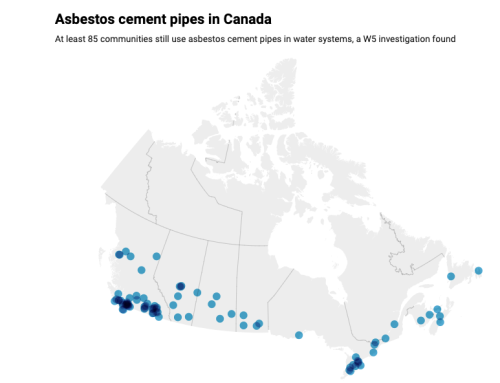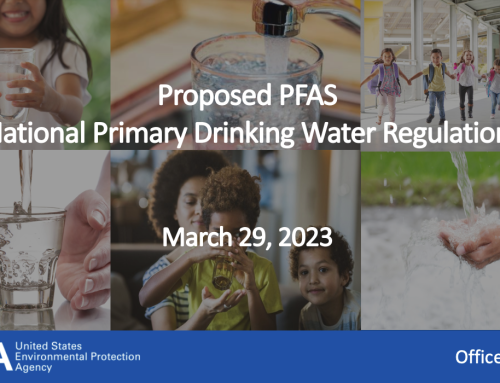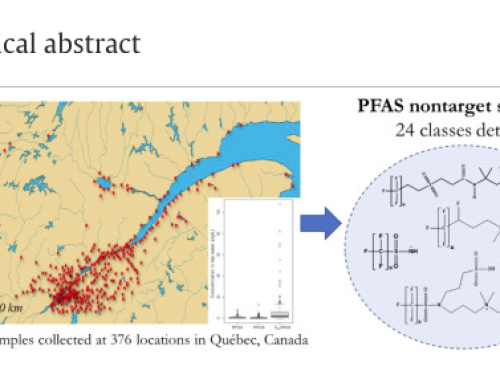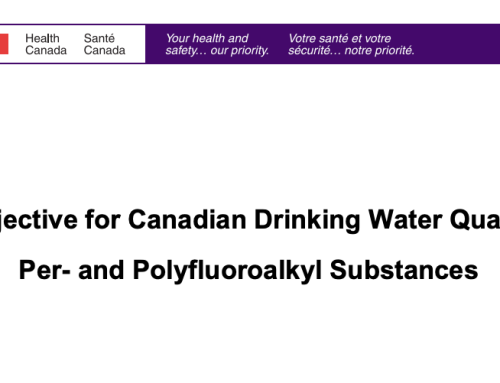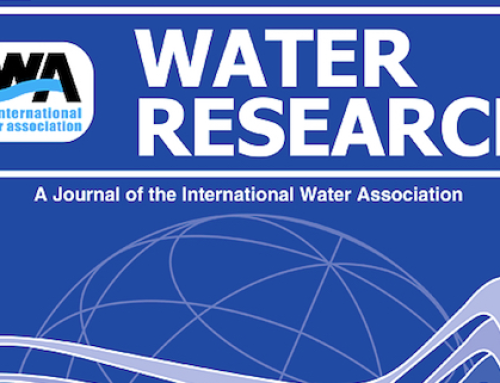
Hi all…while several studies have reported that viable infectious SARS-CoV-2 virus doesn’t seem to survive wastewater treatment there have not been any studies that I am aware of which have assessed survival of the virus itself and its RNA in freshwater. A recently published study found that persistence of viable SARS-CoV-2 was temperature dependent, remaining infectious for significantly longer periods of time in freshwater at 4°C than at 20°C. This is consistent with other viruses. The T90 for infectious SARS-CoV-2 in river water was 2.3 days and 3.8 days at 20°C and 4°C, respectively, but the viral RNA was much more stable (remained detectable for the 20 day duration of the experiment). The authors acknowledged that, unsurprisingly, “indigenous microbial populations” play an important role in RNA stability. Several other potential surrogates for SARS-CoV-2 RNA were not useful.
Bill
___________________________________________________________
Decay of infectious SARS-CoV-2 and surrogates in aquatic environments
https://doi.org/10.1016/j.watres.2021.117090
Laura Sala-Comorera, Liam J. Reynolds, Niamh A. Martin, John J. O’Sullivan, Wim G. Meijer, Nicola F. Fletcher
Water Research Volume 201, 1 August 2021, 11709
Abstract
“The introduction of SARS-CoV-2 containing human stool and sewage into water bodies may raise public health concerns. However, assessment of public health risks by faecally contaminated water is limited by a lack of knowledge regarding the persistence of infectious SARS-CoV-2 in water. In the present study the decay rates of and SARS-CoV-2 RNA were determined in river and seawater at 4 and 20°C. These decay rates were compared to S. typhimurium bacteriophage MS2 and pepper mild mottle virus (PMMoV). Persistence of viable SARS-CoV-2 was temperature dependent, remaining infectious for significantly longer periods of time in both freshwater and seawater at 4°C than at 20°C. T90 for infectious SARS-CoV-2 in river water was 2.3 days and 3.8 days at 20°C and 4°C, respectively. The T90 values were 1.1 days and 2.2 days in seawater at 20°C and 4°C, respectively. In contrast to the rapid inactivation of infectious SARS-CoV-2 in river and sea water, viral RNA was relatively stable. The RNA decay rates were increased in non-sterilised river and seawater, presumably due to the presence of microbiota. The decay rates of infectious MS2, MS2 RNA and PMMoV RNA differed significantly from the decay rate of SARS-CoV-2 RNA, suggesting that their use as surrogate markers for the persistence of SARS-CoV-2 in the environment is limited.”

